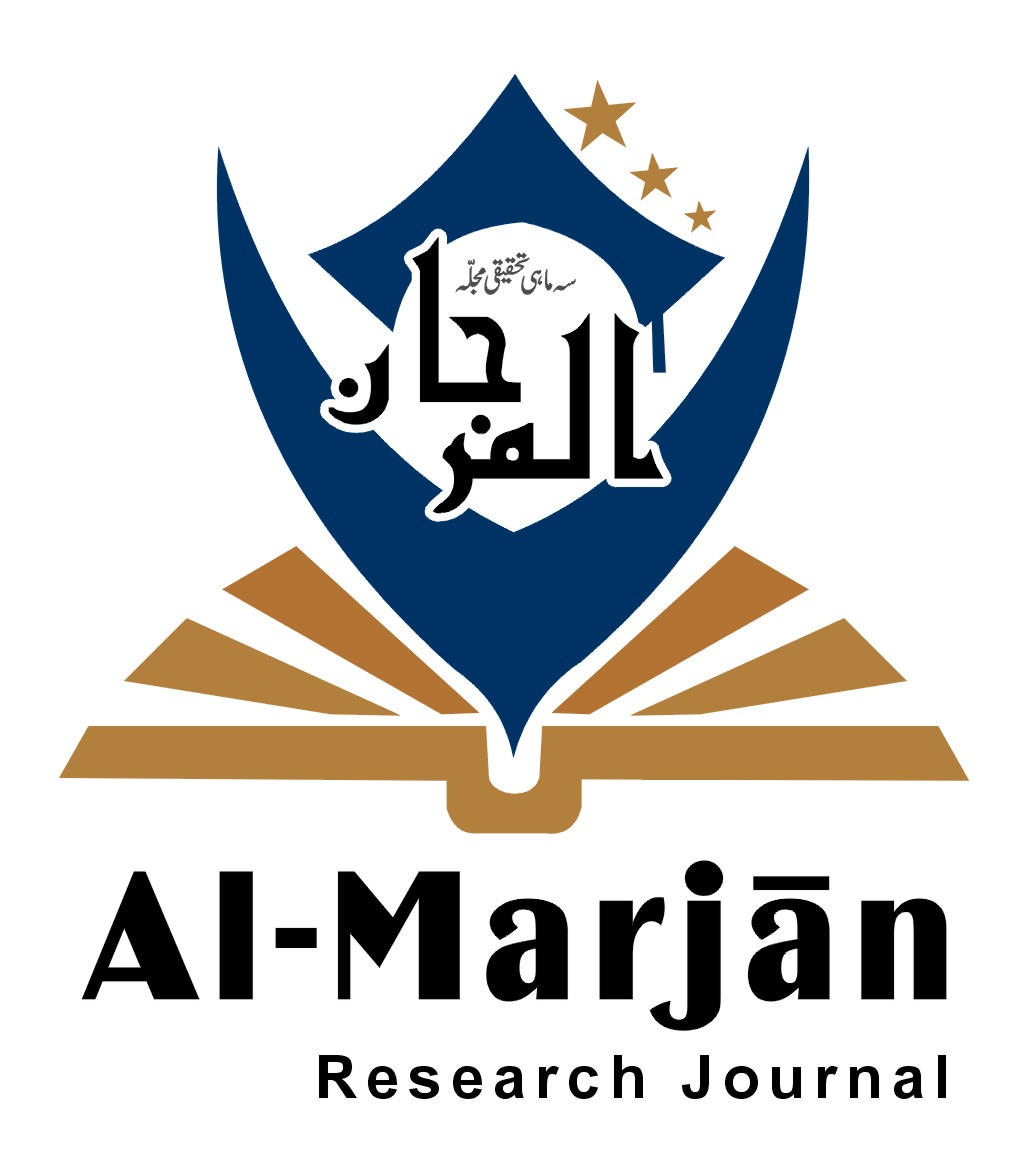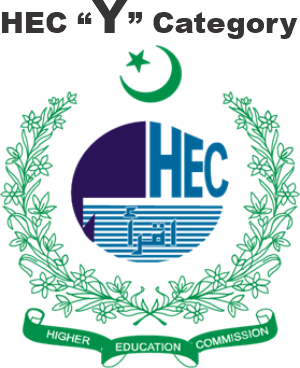The Qur’anic Concept of Justice: An Analytical Study Based on Urdu Tafsīri Literature
عدل کا قرآنی تصور : اردو تفسیری ادب کی روشنی میں ایک تجزیاتی مطالعہ
DOI:
https://doi.org/10.1234/9yq1p617Keywords:
Justice (‘Adl), Qur’anic Exegesis, Social Justice, Equity, Competence in Justice, Urdu Tafsir, Barriers to JusticeAbstract
The concept of ‘Adl (justice) in Islamic teachings goes beyond the simplistic notion of equality. Linguistically, it means giving each their due right without excess or deficiency. Technically, it refers to the complete and rightful fulfillment of duties towards Allah, oneself, and fellow human beings. The idea that "half and half" is justice is incorrect in Islamic understanding; true justice is based on rightful entitlement, as defined by divine law. Urdu commentators of the Qur’an have elaborated that justice encompasses all aspects of life spiritual, moral, legal, and economic. Following Shariah is itself an act of justice, and adhering to divine commands ensures fairness in both worship and transactions. Justice requires the rule of law, valid evidence, and competent individuals whose qualifications are measured against Qur’anic and Prophetic standards. This research reveals that the Qur’an strongly emphasizes the establishment of justice in both belief and action. Justice, when applied properly, leads to social harmony, individual accountability, and collective progress. Its benefits are evident in both this world and the Hereafter. Conversely, obstacles to justice include incompetence, false ideologies, favoritism, and personal bias. The study concludes that the Islamic system of life is inherently founded upon justice, which secures peace, prosperity, and moral order in society. Justice is not just a legal requirement but a holistic principle that governs all facets of human interaction and divine responsibility.






































